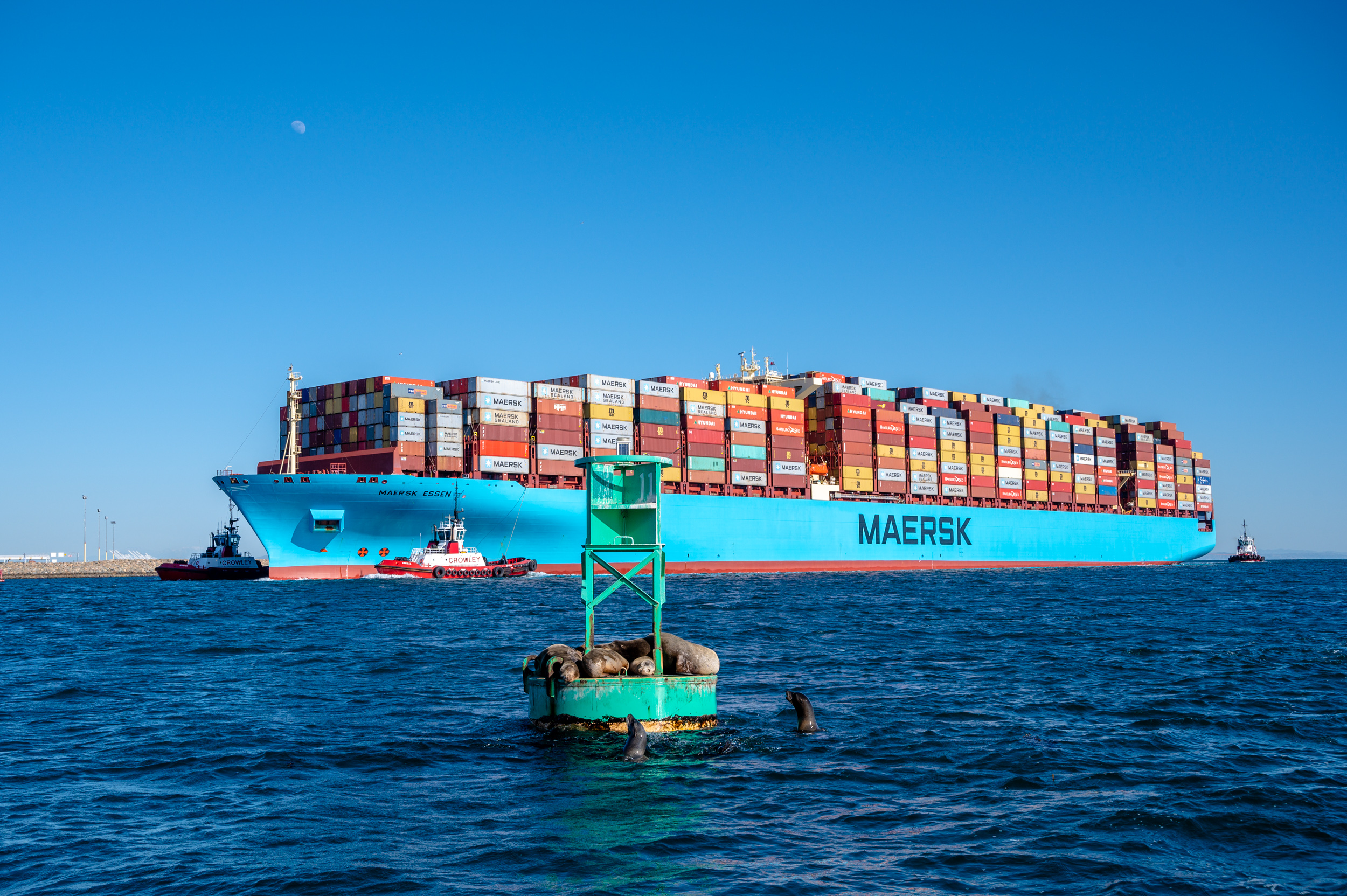Argent Energy, a manufacturer of biofuels in the UK and the Netherlands, is expanding its second-generation biodiesel production capacity in the Port of Amsterdam to 540,000 tons per year. With this expansion, the company wants to make a significant contribution to the reduction of greenhouse gas emissions in road and maritime transport, and in particular the difficult to decarbonize sector of heavy-duty vehicles.
Argent’s expansion in Amsterdam is in line with the Dutch coalition agreement’s plans for clean mobility and the promotion of biofuels that avoid impacting food supplies. The company avoids the use of crops but instead uses designated waste raw materials for its production of biodiesel which have few or no alternative applications. This is so-called second-generation biodiesel, which does not use food or feed resources.
The Netherlands has a strong record in supporting the use of the most sustainable biodiesel and with the expansion of its production capacity, Argent Energy can make a significant contribution to the Dutch, Amsterdam and European ambitions for decarbonization of transport.
…said Erik Rietkerk, CEO of Argent Energy.
According to the Dutch coalition agreement, achieving the climate ambitions will be one of the new cabinet’s priorities. The Netherlands wants to be a leader within the European Union when it comes to mitigating global warming and has set its CO2- reduction target at 60% in 2030. The coalition agreement contains plans for cleaner mobility and the promotion of biofuels through blending. A
At the European level, around 25% of CO2 emissions come from the transport sector. The European Union recently set new climate targets with the presentation of the Fit for 55 plans. Part of this comprehensive package is a revision of the Renewable Energy Directive II (REDII), with the aim of increasing the share of renewable energy in the energy mix to 40% by 2030. The transport sector can make a significant contribution to this goal by using biodiesel.






